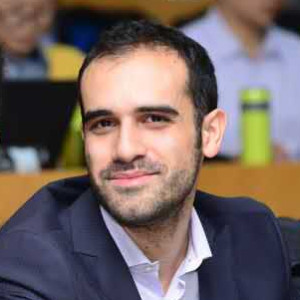Hi everybody,
my question might appear quite banal but I hope you will find it more valuable that what it looks like. When I start working on a case I like asking, at the very beginning, basic information such as market, competitors, company... I do this because I like to have a clear picture of the background info, no matter what framework would best fit the very case I`m working on.
So, for example, the interviewer says that "revenues dropped". Oh yeah thats a rev/cost case. Let me ask to decompose revenues and to compare them with last year`s ones. Before doing this I prefer to take a big breath, take some distance from what looks like being the "best" framework to use, and ask some general information to understand better what`s going on. Of course, I would try to be fast and not to get lost into details - to go back quite quickly to the main framework.
Would that be considered acceptable? Or better to directly dig deep into THE framework and ask relevant questions while using it?
thanks












